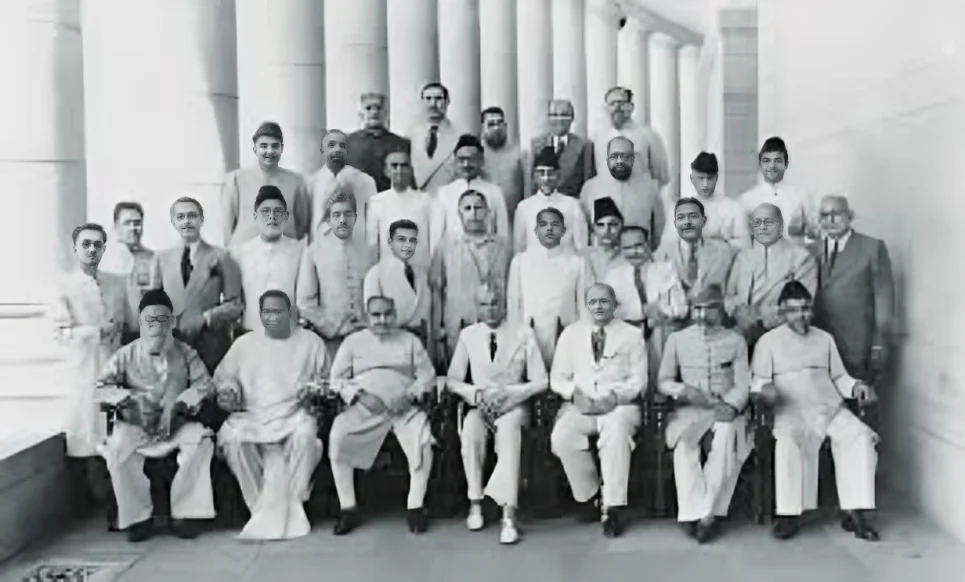Pakistan, since its independence in 1947, has always maintained an active diplomatic presence globally. One of the most significant events in its early diplomatic history was the arrival of the first head of state to visit Pakistan. This monumental visit marked the beginning of Pakistan’s journey into global politics and diplomatic relations.
Who Was the First Head of State to Visit Pakistan?
The first head of state to officially visit Pakistan was the Shah of Iran, Mohammad Reza Pahlavi, in March 1950. His historic visit not only signified the beginning of diplomatic ties between Pakistan and Iran but also paved the way for long-standing relations in trade, defense, and regional cooperation. Pakistan welcomed him with full state honors, marking an important moment in its post-independence history.
Significance of the Shah’s Visit
The Shah of Iran’s visit was of immense diplomatic value. It showed regional solidarity and trust between two Muslim-majority nations during a time of global political restructuring. His arrival demonstrated Iran’s early recognition of Pakistan’s sovereignty and a willingness to form alliances in South Asia. The visit led to the signing of several cooperation agreements in the fields of education, culture, and defense.
Impact on Pakistan’s Foreign Policy
The visit acted as a catalyst for Pakistan’s future foreign policy framework. It encouraged the formation of bilateral partnerships, many of which evolved into long-term strategic relationships. It also motivated Pakistan to participate in regional pacts like the Baghdad Pact (later CENTO) and to seek stronger ties with Muslim nations and non-aligned countries.
Over the years, Pakistan has hosted numerous heads of state from various countries, but the first visit by the Shah of Iran remains a turning point in its international journey.
A Timeline of Major State Visits After 1950
- 1955: U.S. President Dwight D. Eisenhower visited Pakistan, strengthening ties with the West.
- 1966: Chinese Premier Zhou Enlai visited Pakistan, deepening Sino-Pak friendship.
- 1974: King Faisal of Saudi Arabia visited Pakistan, enhancing Muslim unity and cooperation.
Each of these visits followed the foundation laid by the Shah’s first-ever state-level visit and served to strengthen Pakistan’s international standing.
Why State Visits Matter for Pakistan
State visits play a crucial role in shaping Pakistan’s image on the global stage. They bring in foreign investment, aid, cultural exchange, and strategic partnerships. They also reflect Pakistan’s commitment to peaceful relations and economic development.
Latest Developments in Diplomatic Visits
In recent years, state visits to Pakistan have seen a renewed focus on economic cooperation under the China-Pakistan Economic Corridor (CPEC), energy agreements with Gulf countries, and tech partnerships with Central Asian states. These modern developments show how state visits continue to contribute to Pakistan’s economic and geopolitical growth.
FAQs: First Head of State to Visit Pakistan
Q1: Who was the first head of state to visit Pakistan?
A: The first head of state to visit Pakistan was Shah Mohammad Reza Pahlavi of Iran in March 1950.
Q2: Why was this visit important for Pakistan?
A: It established Pakistan’s presence in the international diplomatic community and built early bilateral ties with Iran.
Q3: What agreements were signed during the visit?
A: Educational, cultural, and defense cooperation agreements were signed to strengthen relations.
Q4: Have other major world leaders visited Pakistan since then?
A: Yes, including leaders from the U.S., China, Saudi Arabia, Turkey, and Malaysia.
Q5: How do such visits help Pakistan today?
A: They promote foreign investment, enhance security cooperation, and improve Pakistan’s global image.
Read More: Pakistan Seeks Saudi Investment During High-Level Meeting with President Zardari
The Shah of Iran’s historic visit to Pakistan in 1950 was more than a diplomatic formality—it was a cornerstone in the nation’s foreign policy and international engagement. It symbolized friendship, recognition, and future collaboration, setting the tone for decades of bilateral and multilateral diplomacy. As Pakistan continues to build global alliances, the legacy of that first state visit remains a proud chapter in its diplomatic history.









